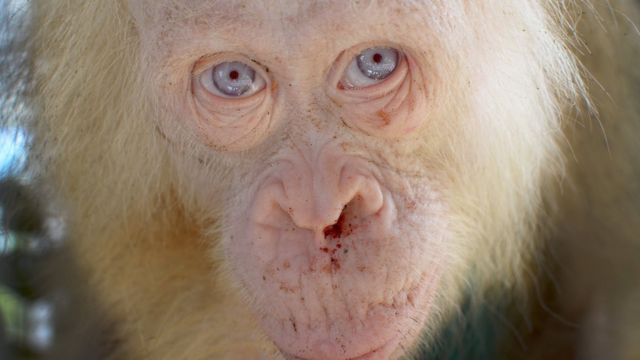Albinism
Albinism is a genetic condition characterized by the absence or deficiency of pigment (melanin) in the skin, hair, and eye colors. Melanin is a pigment produced by cells called melanocytes, and albinism results from a genetic malfunction in the production of melanin. This condition is usually present from birth and is associated with a genetic defect affecting enzymes crucial for melanin synthesis.
Individuals with albinism typically have lighter skin, eyes, and hair compared to others. Their skin is more sensitive to sunlight, making them more prone to sunburn. Additionally, the lack of pigment in the eyes leads to vision problems, as it affects the normal development of the retina.
Albinism is commonly classified into two main types: oculocutaneous albinism (OCA) and ocular albinism. OCA affects skin, eyes, and hair color, while ocular albinism specifically impacts the eyes without causing significant changes in skin color.
The genetic basis of albinism involves hereditary transmission from parents to children, particularly when both parents carry the albino gene.
There is no cure for albinism, but measures can be taken to improve the individual's quality of life. Protective measures against sun exposure, using recommended eyewear, and, in some cases, employing vision aids can offer support to individuals with albinism.
Albinism extends beyond being merely a genetic condition; it necessitates raising awareness and fostering understanding in society. Individuals with albinism play a crucial role in diminishing prejudice and promoting understanding by actively participating in community awareness activities.





































